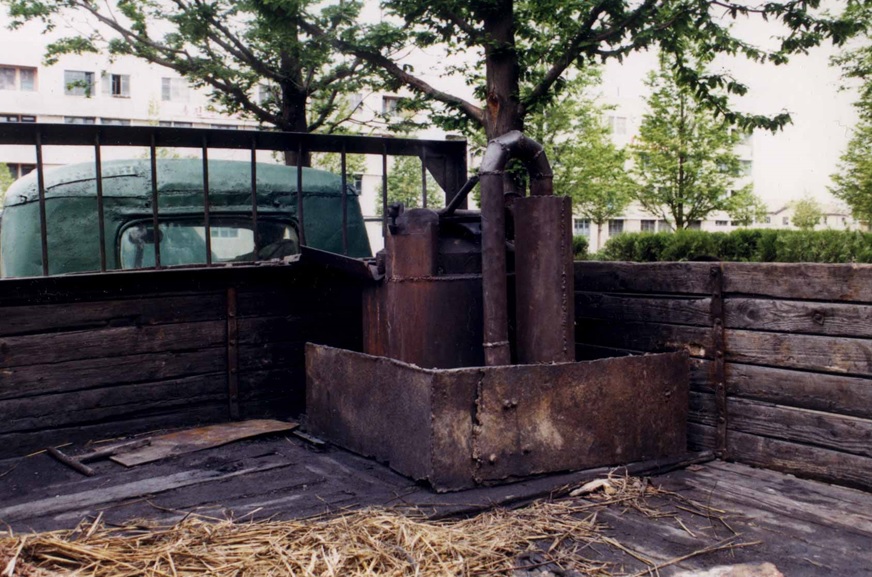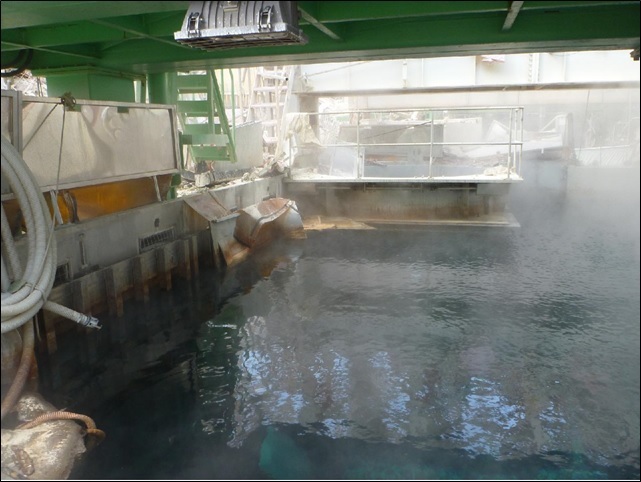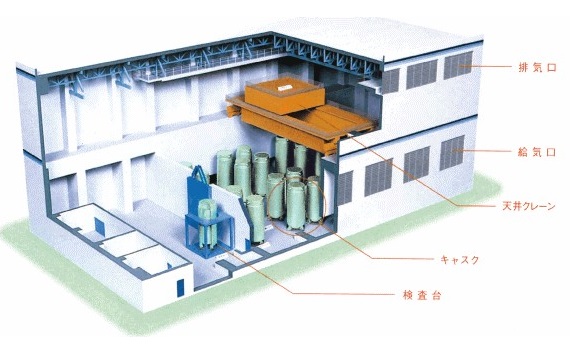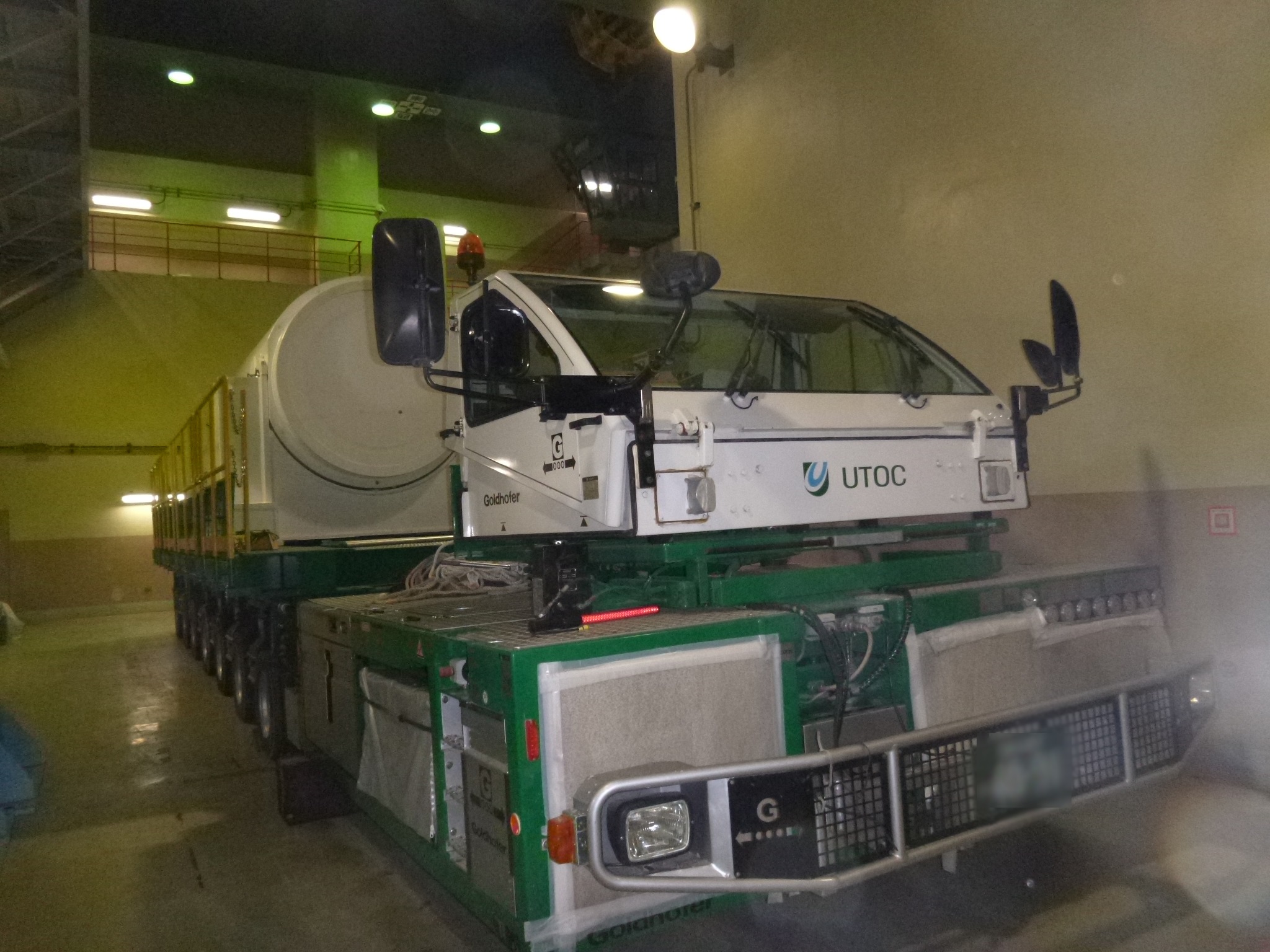Special Reports are longer, often more technical, documents consisting of entire articles, government statements, and other documents relevant to security and peace in Northeast Asia.
REDUCING RISK OF NUCLEAR TERRORISM AND SPENT FUEL VULNERABILITY IN EAST ASIA

ISAO ITABASHI September 22, 2017 I. INTRODUCTION In this essay, Isao Itabashi concludes that while shortfalls in the new trustworthiness system are evident, some key improvements have been made since the Fukushima accident and that: “In the future the government must be in the lead to establish a more effective trustworthiness system by utilizing privacy […]
Go to the articleSANCTIONS ON NORTH KOREAN OIL IMPORTS: IMPACTS AND EFFICACY

Peter Hayes and David von Hippel September 9, 2017 I. INTRODUCTION In this essay, Peter Hayes and David von Hippel analyze the impact of Chinese energy sanctions on the DPRK in response to its missile and nuclear testing. They conclude: “The DPRK could quickly cut its non-military use by about 40% of its annual oil use […]
Go to the articleNUCLEAR TERRORISM AND SPENT FUEL STORAGE

STEVEN AOKI AUGUST 31, 2017 I. INTRODUCTION This essay by Steven Aoki suggests that “An attack on a reactor spent fuel pool aimed at creating a loss-of-coolant accident and subsequent radiation release may not be the most likely form of terrorism, but the potentially catastrophic consequences requires responsible regulators and government officials to think […]
Go to the articleA VULNERABILITY RELATED TO DRY STORAGE OF SPENT FUELS

Masahiro Kikuchi August 23, 2017 I. INTRODUCTION In this essay, Masahiro Kikuchi examines possibly effective barriers to a terrorist attack using anti-tank weapon on spent fuel stored in dry casks. He concludes that: “the facility operator should prepare an appropriate barrier to block the terrorist intrusion and an appropriate alert system for early detection […]
Go to the articleCONCERTED STRATEGIES FOR MANAGEMENT OF SPENT NUCLEAR FUEL IN NORTHEAST ASIA

David F. von Hippel and Peter Hayes August 17, 2017 I. INTRODUCTION In this essay, David von Hippel and Peter Hayes conclude that: “management of spent fuel will, or should, if incentives are properly structured, be decided by non-economic criteria, actual and perceived radiological risk from spent fuel management approaches becomes a more critical factor […]
Go to the articleJAPAN SCENARIOS: VULNERABILITY TO TERRORISM OF NUCLEAR SPENT FUEL MANAGEMENT

JOAN DIAMOND, PETER HAYES, DAVID VON HIPPEL August 11, 2017 I. INTRODUCTION In this essay, the authors present three bold, creative stories about possible non-state nuclear terrorist attacks involving nuclear spent fuel in Japan. These were: a) Frustrated North Koreans attack spent nuclear fuel in Japan; b) Frustrated civil society actors instigate spent fuel […]
Go to the articleWOULD THE MILITARY REALLY HAVE TO OBEY A TRUMP COMMAND TO FIRE A NUCLEAR WEAPON?

August 4, 2017 Anthony J. Colangelo I. INTRODUCTION In this essay Anthony Colangelo concludes: “An order to use a nuclear weapon instead of a conventional weapon when the same military advantage can be gained by either gives rise to a duty to reject that order. To do otherwise and follow the order would constitute a war […]
Go to the article使用済み核燃料の管理とテロへの脆弱性――日本の現状を直視する

小川和久 2017年7月21日 I. はじめに 小川和久・静岡県立大学特任教授 小川和久は本論考で、グローバル化した世界におけるテロリズムのリスクを減らすための、拒否的抑止を含むシステム的アプローチと、核…
Go to the articleVULNERABILITY TO TERRORISM IN NUCLEAR SPENT FUEL MANAGEMENT: AN UNSPARING LOOK AT JAPAN’S CURRENT SITUATION

Kazuhisa Ogawa July 21, 2017 I. INTRODUCTION In this essay, Kazuhisa Ogawa argues for a systematic approach to reduce the risk of global terrorism, including deterrence by denial, and painstaking measures to reduce the risk of nuclear terrorism. He points out that Japan’s official approach remains too formalistic and stove-piped and must be improved […]
Go to the articleSTRENGTHENING NUCLEAR SECURITY SYSTEM AGAINST INSIDER THEFT OF NUCLEAR MATERIAL

Masahiro Kikuchi July 14, 2017 I. INTRODUCTION In this essay, Mahiro Kikuchi concludes that: “Quantitative and timely evaluation system for detection of protracted theft by insider should be built in the NMAC as an essential part of its function. All people including not only the national competent authority but also top management and staffs […]
Go to the article
